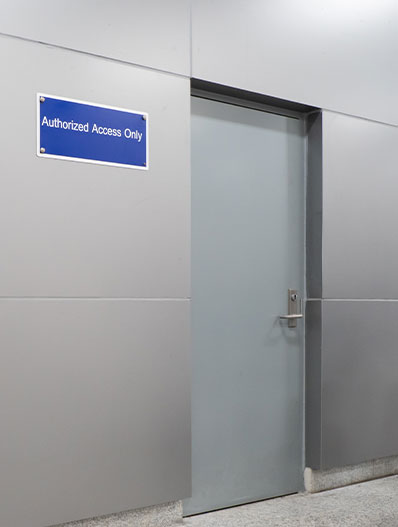You’ve probably heard about the latest large-scale cybersecurity breach. It’s been widely reported that a third-party background check company may have inadvertently compromised the private data, including Social Security Numbers, of millions of Americans.
Needless to say, this is a bad look for National Public Data. It’s also a bad look for all the companies that chose that company as their background check vendor. And it raises an important point: To do everything you can to keep your sensitive data safe and secure, it’s vital that you exercise due diligence in your selection of third-party vendors.
Simply put, inexperienced vendors may not provide the robust cybersecurity protocols that you’d want, which compromises your ability to protect your consumers and to uphold your reputation.
The Judas Goat Analogy
To understand the outsized impact that inexperienced vendors can have, consider the analogy of the Judas goat. In the raising of livestock, a Judas goat is an animal that’s specially trained to associate with sheep or cattle, leading them (without their realizing it) into a slaughterhouse or onto a truck.
There are some parallels in vendor management, as well. By trusting the wrong vendor, you could inadvertently be led into situations where your cybersecurity vulnerabilities are exposed. And along the same lines, an inexperienced vendor, like the Judas goat, may lead hackers and other cyber threats directly into secure areas.

Key Data Security Risks
As you vet potential vendors, there are a handful of data security risks to keep top-of-mind. Awareness of these risks can help you steer clear of the “Judas goat” phenomenon.

- Lack of Security Expertise. Inexperienced vendors may not fully grasp data protection, leading to weak defenses. Examples can include poor encryption or inadequate access controls.
- Mismanagement of Permissions. Vendors might have more access than necessary, increasing the risk of data breaches. It’s crucial to limit the data that your vendors can access, and to carefully monitor their data use.
- Failure to Comply with Standards. Finally, inexperienced vendors may not meet regulatory requirements, exposing enterprises not just to cybersecurity threats but also to legal risks.
How to Mitigate These Threats
These data risks are real, but thankfully, there are some steps any business can take to mitigate the threat of a vendor-based security breach.
- Thorough Vetting of Potential Vendors. First and foremost is due diligence. Assess vendor experience and security practices before engagement. Ensure they have their own robust standards and that they are committed to ongoing cybersecurity training and awareness-raising.
- Regular Monitoring. Again, it’s important to continuously audit and monitor vendor access and data handling. Be prepared to revoke data permissions for vendors you no longer use, or vendors who simply no longer need access to particular types of data.
- Limit Access. Apply the principle of least privilege to minimize vendor exposure to sensitive data. In other words, you should provide access to sensitive data only when absolutely necessary, and only in proportion to the vendor’s scope of work.
Have More Questions About Choosing the Right Vendor?
Our experienced team can help. Get your free consultation today!
Learn MoreChoosing Corovan as Your Commercial Relocation Vendor
As you look for third-party vendors who will put cybersecurity first, consider Corovan. We have decades of experience as a commercial relocation and storage team, and part of why companies trust us is that we are vigilant about data security. Reach out to us to learn more about how we can keep that information safe.
